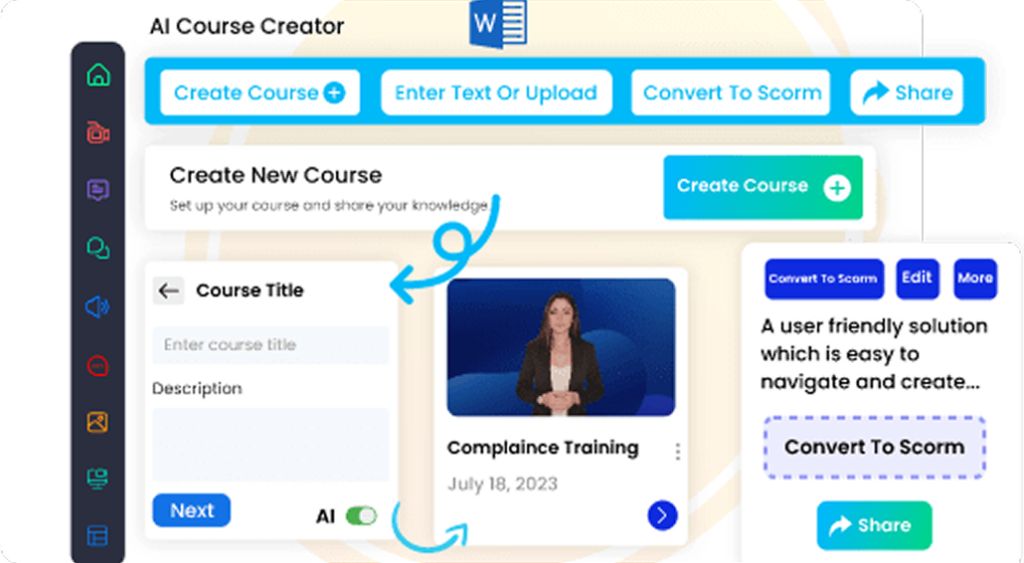Understanding the Role of Active Listening in Effective Communication for Managers
Active listening is a cornerstone of effective management communication. Unlike passive hearing, active listening is a deliberate process that involves fully engaging with the speaker to understand their message, emotions, and underlying needs. This skill fosters stronger relationships, enhances clarity, and reduces misunderstandings—key ingredients for successful leadership.
Active listening entails paying close attention, providing meaningful feedback, and demonstrating empathy. It helps managers accurately interpret team members’ concerns, ideas, and feedback, building trust and encouraging open dialogue. When managers practice active listening, they create an environment where employees feel valued, understood, and motivated to contribute.
Research indicates that managers who excel at active listening are better equipped to resolve conflicts, facilitate collaboration, and motivate employees. Incorporating active listening into daily management practices not only strengthens individual relationships but also enhances overall organizational effectiveness.
Effective Communication
Master the art of clear and impactful communication. Learn strategies to express ideas effectively, build stronger relationships, and enhance collaboration in both personal and professional settings.
Implementing Strategies to Enhance Your Effective Communication for Managers
Improving your communication skills as a manager requires deliberate effort and strategic actions. Here are key techniques to elevate your leadership communication:
- Provide Constructive Feedback: Offer specific, balanced, and timely feedback that guides employee growth. Use a positive tone and focus on outcomes.
- Adapt Your Communication Style: Recognize that team members have diverse preferences—some prefer detailed instructions, others brief summaries. Tailor your messages accordingly.
- Leverage Technology Effectively: Use appropriate digital tools like video conferencing, instant messaging, and project management platforms to enhance clarity and collaboration.
- Foster an Open Culture: Encourage questions, discussions, and transparency. Be responsive and approachable in your communication.
- Practice Active Listening: Engage fully in conversations, ask clarifying questions, and reflect understanding to ensure your message is received clearly.
Implementing these strategies requires ongoing effort. By consciously applying them in daily interactions, managers can significantly improve communication effectiveness and team engagement.
Explore Our eLearning Course Catalog
Access 100+ fully editable, SCORM-compatible courses featuring an integrated AI Tutor and an in-built authoring tool. Seamlessly compatible with any LMS, these courses are designed to elevate your training programs.
Explore Course CatalogOvercoming Barriers to Effective Communication for Managers
Despite the best intentions, numerous barriers can impede clear and effective communication. Recognizing and addressing these obstacles is vital for healthy managerial interactions.
Common Barriers:
- Misunderstandings: Ambiguous language or assumptions can lead to confusion and errors. Clarify messages, use simple language, and verify understanding to mitigate this.
- Cultural Differences: Variations in language, non-verbal cues, and social norms may cause misinterpretation. Cultivate cultural awareness and adapt your communication approach accordingly.
- Technological Challenges: Connectivity issues, unfamiliar platforms, or security concerns can hinder communication flow. Ensure your team is equipped with reliable tools and training.
- Emotional Barriers: Personal biases, stress, or emotional reactions can distort message interpretation. Maintain emotional intelligence and promote a calm, respectful dialogue.
Strategies to Overcome Barriers:
- Use clear, simple language and visual aids when necessary.
- Encourage open dialogue and verify understanding through summaries and feedback.
- Invest in cultural competency training and promote inclusivity.
- Choose reliable communication tools and provide user training.
- Model calm and respectful interactions, especially in conflict situations.
Addressing these barriers proactively fosters clearer communication, stronger relationships, and a more cohesive workplace.
Measuring Success: How to Evaluate Your Effective Communication for Managers
Assessing a manager’s communication effectiveness is essential for continuous improvement. Several methods help determine if your strategies are successful and where adjustments are needed.
Methods to Evaluate Communication Effectiveness:
- Gather Feedback: Use anonymous surveys, 360-degree reviews, or informal conversations to learn how team members perceive your communication.
- Monitor Performance Metrics: Observe goal achievement, task completion rates, and adherence to deadlines as indirect indicators of effective communication.
- Engage in Self-Reflection: Regularly evaluate your interactions. Keep a journal, ask yourself targeted questions, and set improvement goals.
- Solicit Peer and Supervisor Input: Seek constructive feedback from colleagues and superiors to gain broader perspectives.
- Observe Behavioral Changes: Notice increased engagement, reduced misunderstandings, and improved team morale as signs of effective communication.
Integrating these assessment methods into your routine ensures continuous development. Creating a feedback-friendly environment and setting clear measurement criteria help track progress effectively. For organizations seeking to develop multiple managers simultaneously, comprehensive training solutions with built-in assessment tools like the Effective Communication course provide standardized evaluation metrics and progress tracking capabilities that can be customized to meet specific organizational needs.
Ultimately, ongoing evaluation allows managers to fine-tune their communication approaches, leading to stronger leadership, better team cohesion, and organizational success. Whether developing these skills individually or implementing organization-wide communication training, the key lies in consistent practice, structured learning, and measurable improvement tracking that transforms theoretical knowledge into practical leadership capabilities.
Smart & Editable Course Catalog
Stop struggling with rigid course listings. Paradiso’s Course Catalog is fully customizable, works with any LMS, and gives you the power to update and manage courses with ease.






















